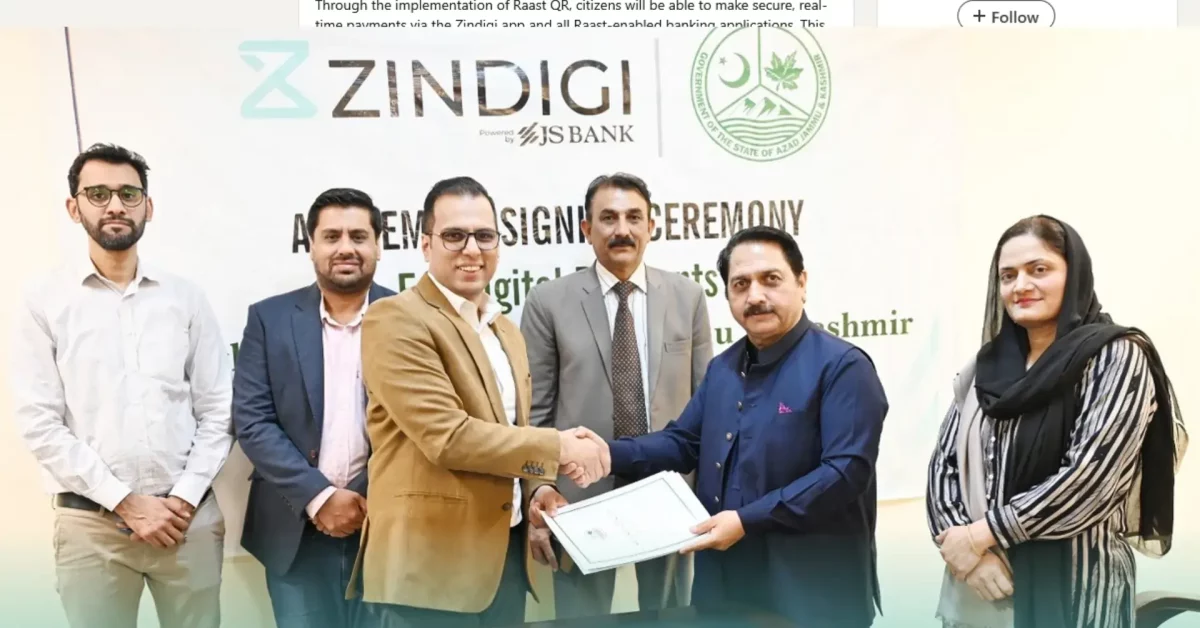
Tech Startups Succeed in Acquiring Funding
September 30, 2024
What Support is Available for Tech Startups in Pakistan?
October 24, 2024How OTT Platforms are Creating a Gender-Equal Playing Field in Sports: The Case of Pakistan Women’s Cricket
In Pakistan, women’s cricket was sparked by the courageous efforts of sisters Shaiza and Sharmeen Khan in 1996. Facing immense societal resistance, they introduced the sport in a country where opportunities for women in sports were limited. Their resolve led to the formation of the Pakistan Women’s Cricket Team, which played its first international series in 1997, marking the beginning of a long and challenging journey towards recognition and respect.
Over the years, the team has continuously overcome barriers in a male-dominated sport, achieving key milestones like gold medals at the 2010 and 2014 Asian Games, and a thrilling win over India in the 2016 ICC T20 World Cup. More recently, they reached the semifinals of the 2022 and 2024 Women’s Asia Cups, and in October 2024, left-arm spinner Sadia Iqbal briefly became the first Pakistani woman to top the ICC Women’s T20I bowling rankings—a testament to the team’s growing stature on the world stage.
Yet, for much of this time, these achievements went largely unnoticed by mainstream media, and women’s cricket struggled for visibility. The story of the Pakistan women’s cricket team is not just one of sporting success, but also one of fighting for recognition in a system that prioritized men’s cricket.
Enter OTT platforms, the game-changers in the world of sports media. Tamasha, powered by Jazz, has emerged as the key player in bringing women’s sports to wider audiences. Other OTT platforms operating in this space include Shoq, MyCo and Tapmad. In the last men’s World Cup Tamasha alone accounted for two-thirds of the viewership, with the remaining third split between platforms like MyCo, Tapmad, and Shoq.
By streaming major women’s cricket tournaments like the ICC Women’s ODI World Cup 2022 and T20 World Cup 2024, OTTs are breaking through the barriers of traditional media, making women’s cricket more accessible to millions of viewers.
OTT platforms are revolutionizing the sports landscape by offering seamless access to events that traditionally receive limited coverage. At Tamasha, we are committed to supporting the growth of women’s cricket and making world-class sporting events more accessible. By streaming tournaments like the Women’s T20 World Cup, we’re enabling fans to engage with the game and raising the visibility of women’s sports.
By providing this exposure, OTT platforms are leveling the gender playing field, helping to break the cycle of underrepresentation and financial disparity that has long plagued women’s sports. With more fans tuning in to watch women’s cricket, sponsorships and financial backing are increasing, which are essential for the growth and sustainability of the sport.
The rise of OTT platforms represents more than just access—it signifies inclusion and diversity. These platforms are enabling a new narrative for women’s cricket, where gender is no longer a limiting factor. Fans are now able to see and celebrate the achievements of Pakistan’s women cricketers, previously overlooked in favor of men’s cricket.
Through platforms like Tamasha, the women’s cricket team is no longer playing in the shadows of their male counterparts. They are stepping into the spotlight, showing young girls across Pakistan that they too can aspire to greatness in the world of sports.
Inclusion, diversity, and technology are the driving forces behind this transformation. As these platforms continue to grow in reach and influence, they are ensuring that women’s cricket in Pakistan—and women’s sports globally—are given the space they deserve, creating a more balanced, gender-equal playing field for future generations.
About the Author: Aamer Ejaz, the President of Digital Platforms at Jazz and a former Chief Digital Officer, spearheads Jazz’s digital initiatives, encompassing video, music, self-care, and Agritech, in addition to leading the Jazz Incubation and Accelerator programs such as NIC and Jazz XLR8. His previous roles at Jazz include overseeing JazzCash until its virtual carveout and leading the successful network merger of Jazz and Warid as Vice President of Network. With 24 years in telecommunications and digital technologies, Aamer has held key positions at Orascom Bangladesh, Ufone & Etisalat Pakistan, and Alcatel. He holds a gold medal in Electrical Engineering with a specialization in Telecommunications from the University of Engineering & Technology Lahore and enjoys reading, coffee, and regular gym sessions.






